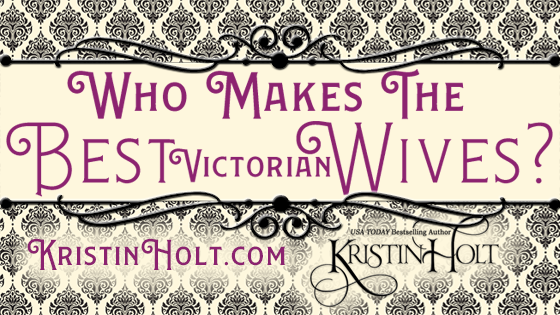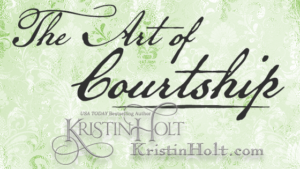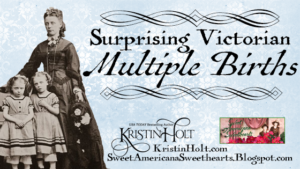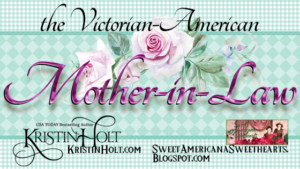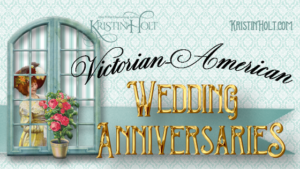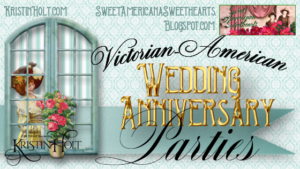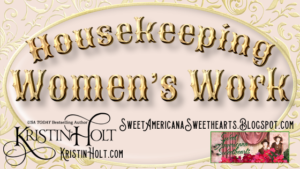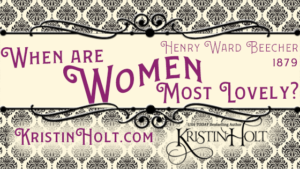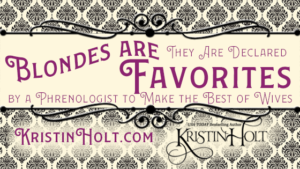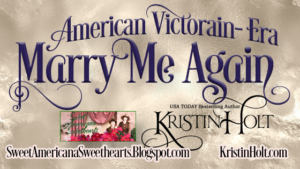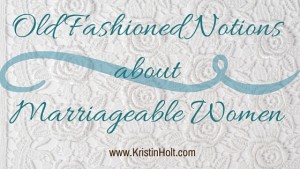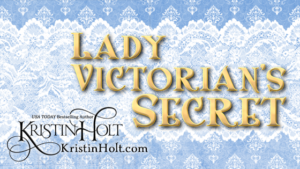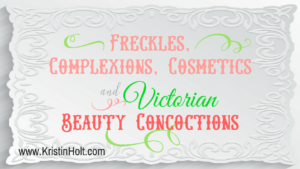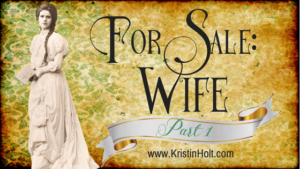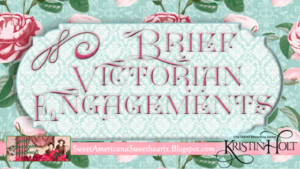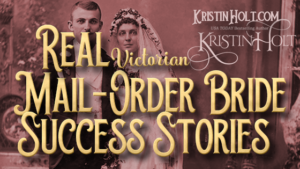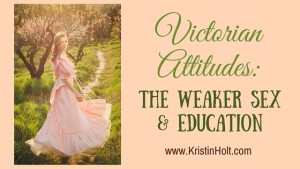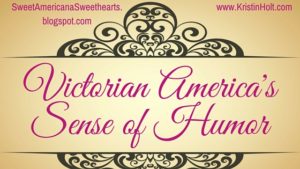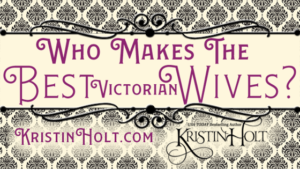Who Makes the Best (Victorian) Wives?
.
This may be, it seems, the $1,000 dollar question. Men wanted to know the answer to the wife question in 19th century America, and men still want to know today. Like other Perpetual Questions (folks still debate the answers), Victorian Americans didn’t have to search far to learn the opinions and attitudes of many. Who makes the best (Victorian) wives? Working women? Whistlers? The jovial? A Pennsylvania Dutch girl? Do homely girls make better wives than the lovely? What about blondes?
Yes, yes, and yes. Every one of these possibilities of “who makes the best (Victorian) wife” were recommended by someone with a bit of clout.
I’ve gathered a large list of “types of women” recommended to bachelors (or widowers) as the “Best Kinds of Women to Wed.” Each original source comes from a newspaper in Victorian-America. Each newspaper clipping contains the paper’s name and date of publication. Note that I’ve ordered the clippings by like categories as well as those that disagree. Each 19th-century newspaper clipping may not be in order by publication date, as is my typical practice.
.
Widows top the list
.
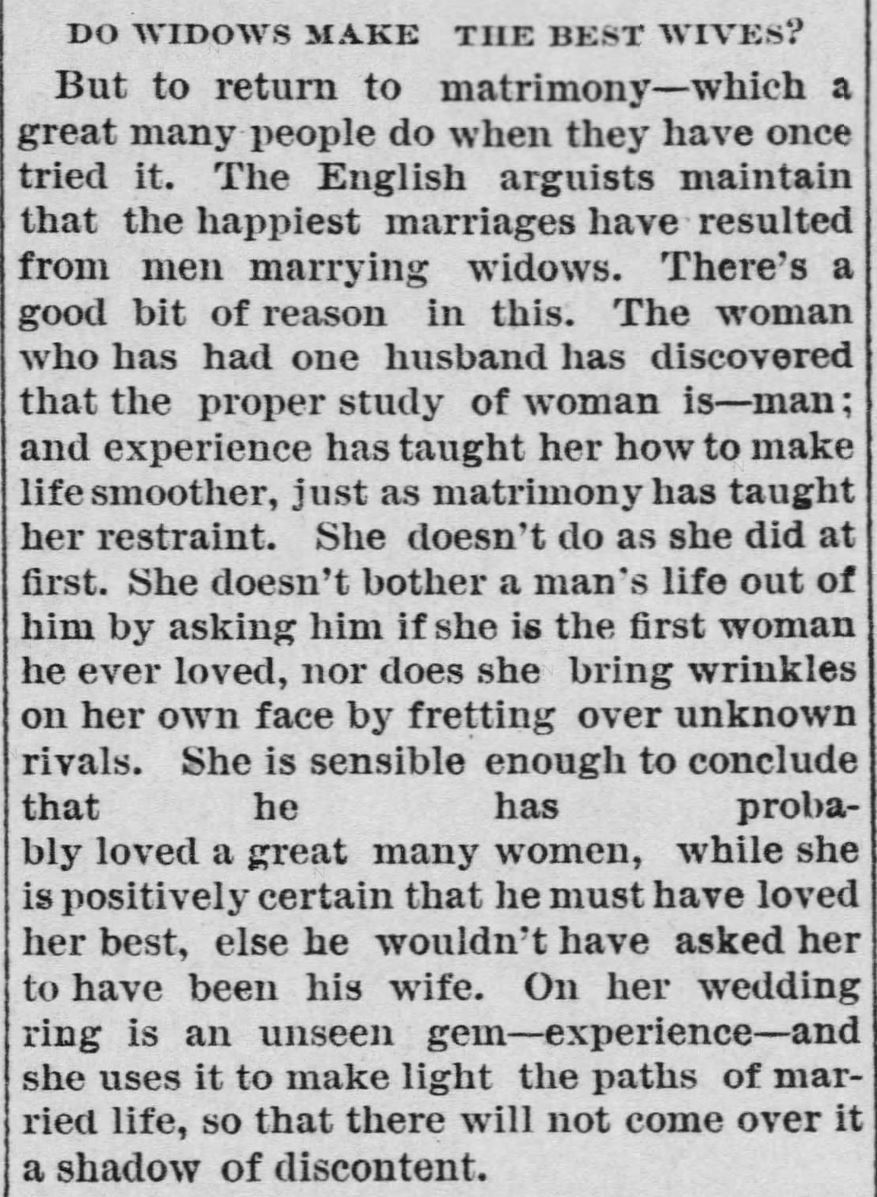
Do Widows Make the Best Wives? From The Valley Falls Vindicator of Valley Falls, Kansas. March 21, 1891.
.
You may recall the segment of a much longer vintage newspaper article titled The Art of Courtship, widows were seen as a big threat to young single ladies. Who makes the best (Victorian) wives? Widows!
.
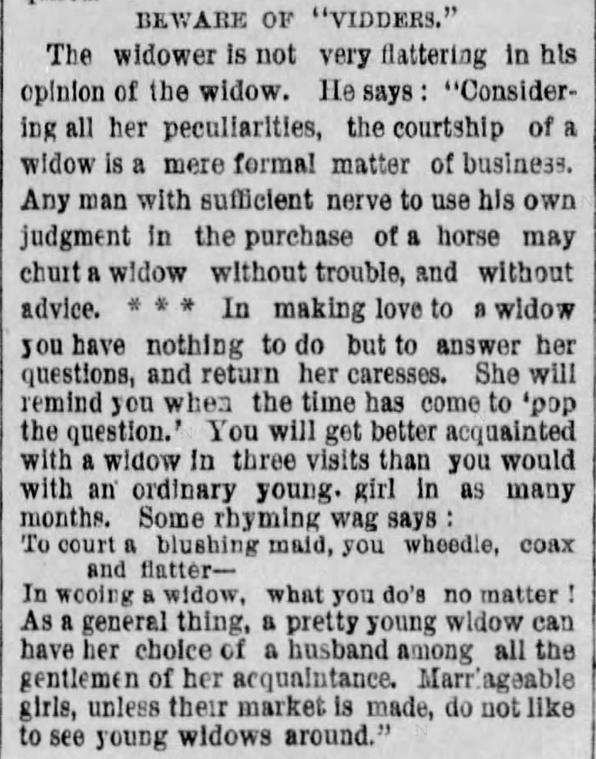
Who Makes the Best (Victorian) Wives? “Beware of Vidders” from The Des Moines Register of Des Moines, Iowa. February 20, 1887.
.
See the rest of “The Art of Courtship” article, from whence the above section (“Beware of Vidders”) came from.
.
Plain is perfect!
.
Plain women, who realize that they are plain, make the best wives.
.
Decatur Daily Republican of Decatur, Illinois on March 28, 1882
.
Ugly is better!
.
Do “ugly” women make the best (Victorian) wives?
.
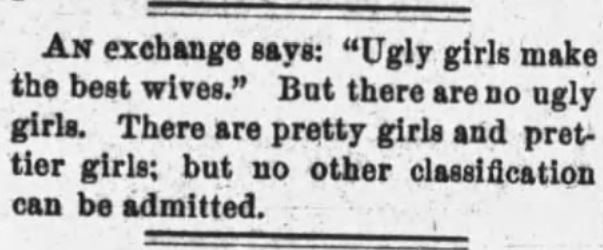
“An exchange says: “Ugly girls make the best wives.” But there are no ugly girls. There are pretty girls and prettier girls; but no other classification can be admitted. From Daily Arkansas Gazette of Little Rock, Arkansas. January 27, 1885.
.
Homely?
.
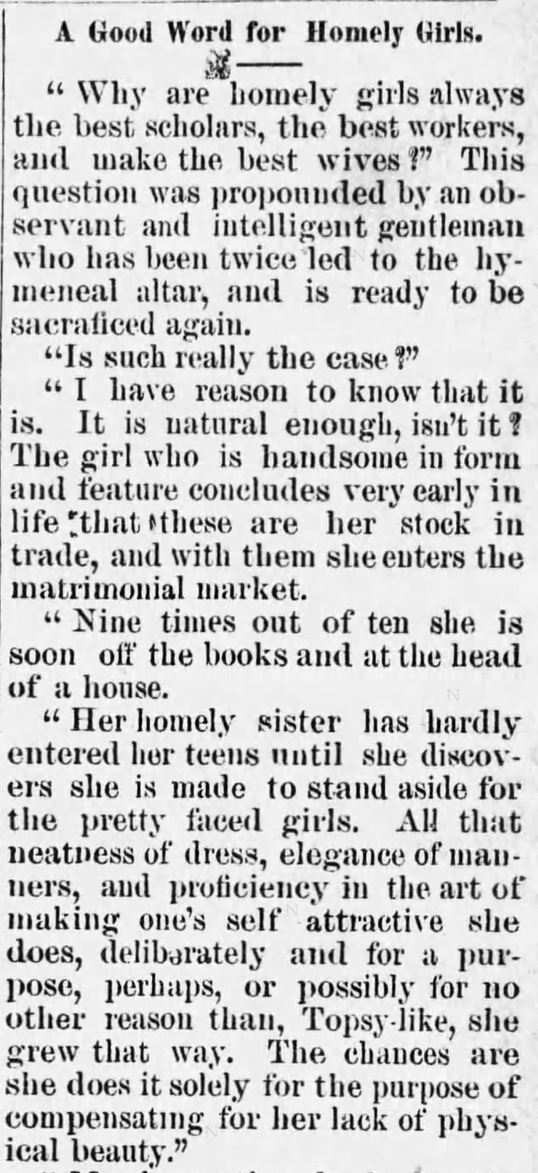
Homely Girls Make the Best Wives, Part 1 of 2. From The Clarke County Democrat of Grove Hill, Alabama on November 27, 1884.
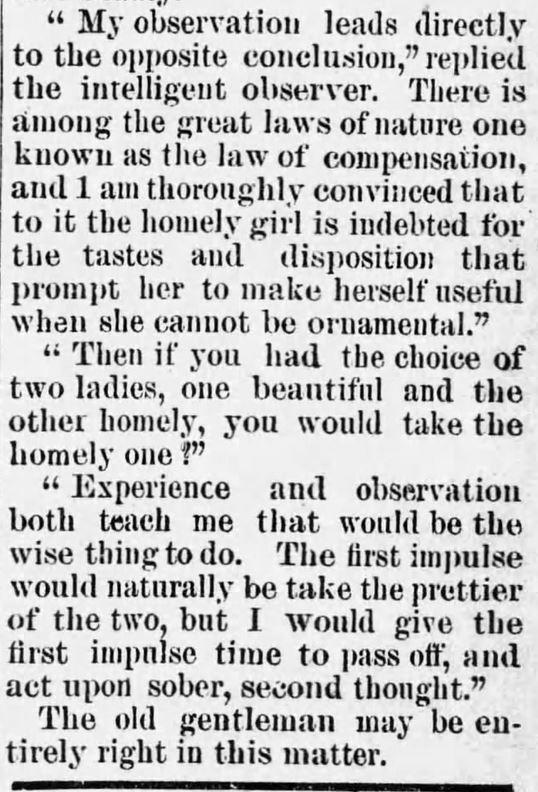
Homely Girls Make the Best Wives, Part 2 of 2. From The Clarke County Democrat of Grove Hill, Alabama on November 27, 1884.
.
Chubby!
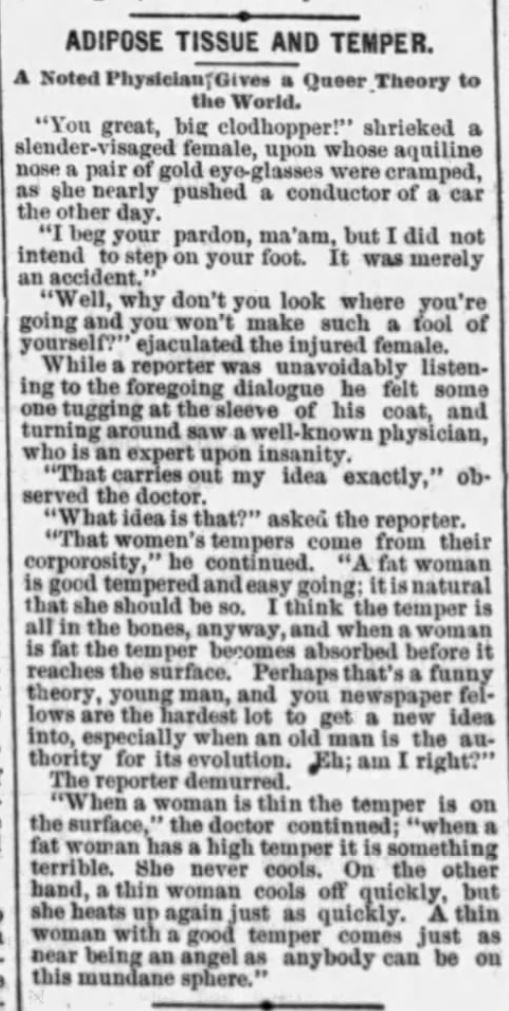
“…women’s tempers come from their corposity [sic]. A fat woman is good tempered and easy going; it is natural that she should be so. I think the temper is all the bones, anyway, and when a woman is fat the temper becomes absorbed before it reaches the surface.” From The Philadelphia Inquirer of Philadelphia, Pennsylvania. August 31, 1888.
.
This 1888 article, above, sings a familiar tune. Other newspaper clippings comment that plump women make the best and most patient of mothers. Plump women, they argue, make the best of (Victorian) wives for their own comfort is great. Without a constant state of malnutrition or hunger, a woman is more able to turn her attention and focus onto her little ones and in keeping a comfortable home for her husband.
.
Short!
.
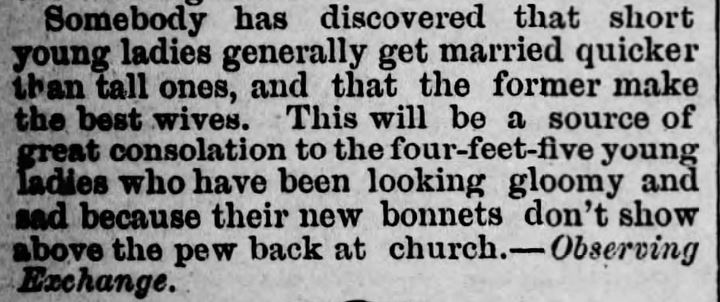
Short women make the best wives. From Harrisburg Telegraph of Harrisburg, Pennsylvania. January 15, 1878.
.
Working Girls!
.
… As a rule also the best women we have, those who make the best wives and best mothers, are those who would rather work at any honorable calling than be idle, especially when their circumstances are such as not to justify idleness. There are few men who ever amounted to anything that can say their mothers did not work. The mothers of the best part of the present generation at some time in their lives “worked out,” and their children are better for it. The girl who works out to-day may yet call some great Statesman, some noted divine, some distinguished warrior, or honored inventor, her son. (emphasis added)
.
Nevada State Journal of Reno, Nevada on February 12, 1886.
.
Note: the following persuasive argument explains valid reasons why a sales lady would make an excellent wife:
.
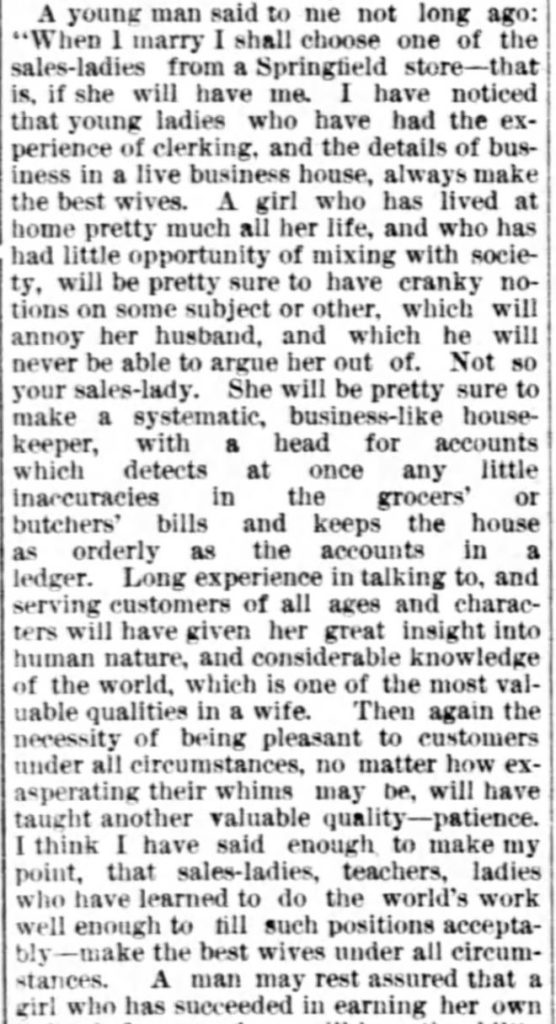
Working Women make the Best Wives, Part 1 of 2. (Seasonal Jobs at Christmastime.) From Springfield Daily Republic of Springfield, Ohio. December 26, 1886.
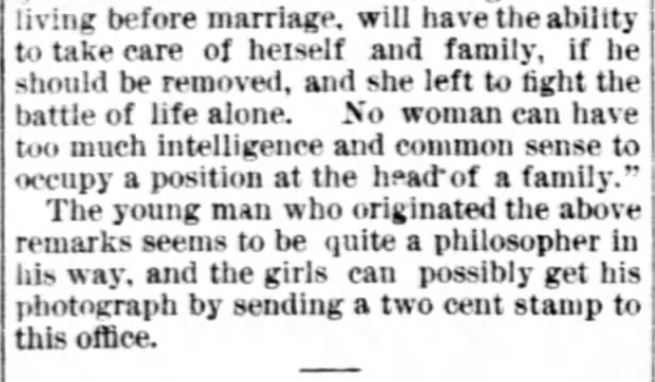
Working Women make the Best Wives, Part 2 of 2. (Seasonal Jobs at Christmastime.) From Springfield Daily Republic of Springfield, Ohio. December 26, 1886.
.
Servant Girl or Shop Girl?
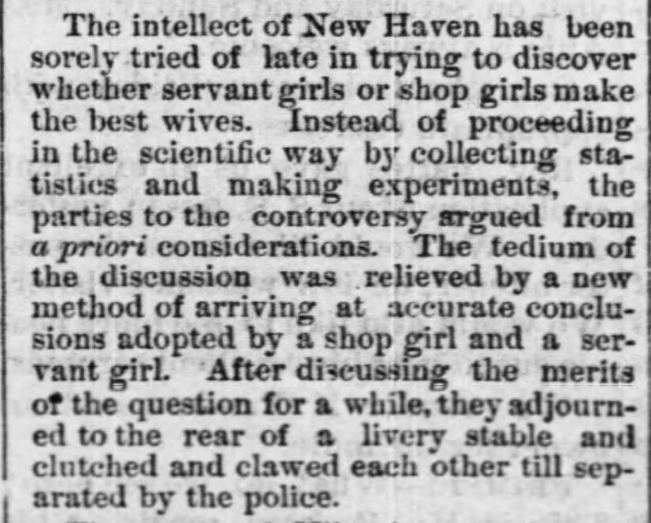
Best Wives: Shop Girl or Servant Girl? The Humboldt Union of Humboldt, Kansas. May 13, 1882.
.
American Women Best for English Peers
You may be aware that many American heiresses became English duchesses in the late 19th and early 20th centuries. Thus, it’s not surprising to read that some believed Americans made the best wives for Peers. No doubt Englishwomen disliked being passed over by bachelors as much as they disliked the likelihood of becoming a spinster.
.

American Wives are best for English Peers. Part 1. From The Saint Paul Globe of Saint Paul, Minnesota. October 1, 1888.
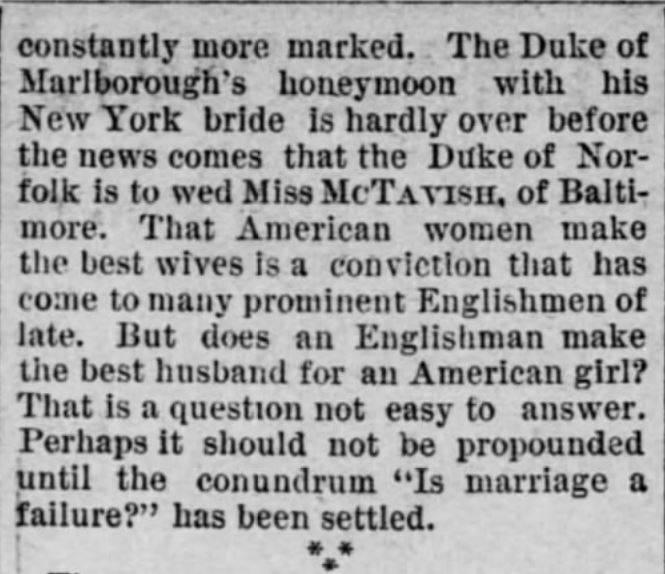
American Wives are best for English Peers. Part 2. From The Saint Paul Globe of Saint Paul, Minnesota. October 1, 1888.
.
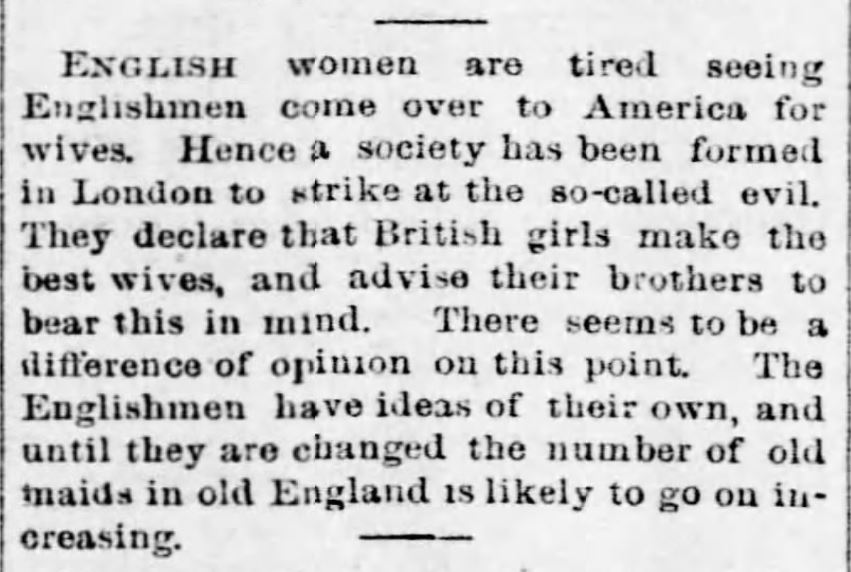
British Men choose American Wives, though British women assert they, themselves, make better wives. Pittsburgh Daily Post of Pittsburgh, Pennsylvania. February 25, 1891.
.
Talkers, or Tongue-Tied?
.
Apparently neither one is appealing to our Victorian-era American bachelor. Consider the lack of conversational etiquette displayed by a young lady who speaks all the time.
.
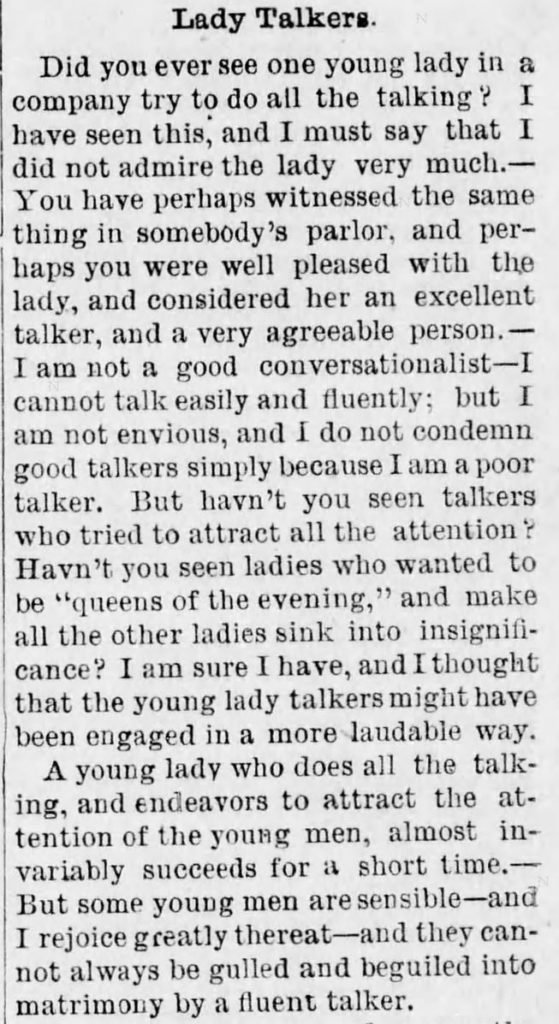
Lady Talkers Don’t Make Good Wives. Part 1 of 3. From The Star and Enterprise of Newville, Pennsylvania, May 4, 1875.
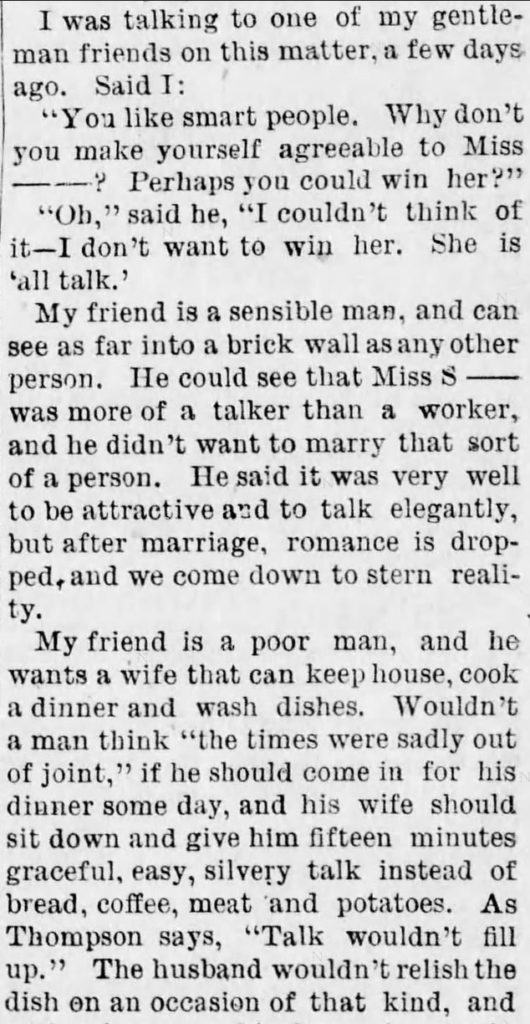
Lady Talkers Don’t Make Good Wives. Part 2 of 3. From The Star and Enterprise of Newville, Pennsylvania, May 4, 1875.
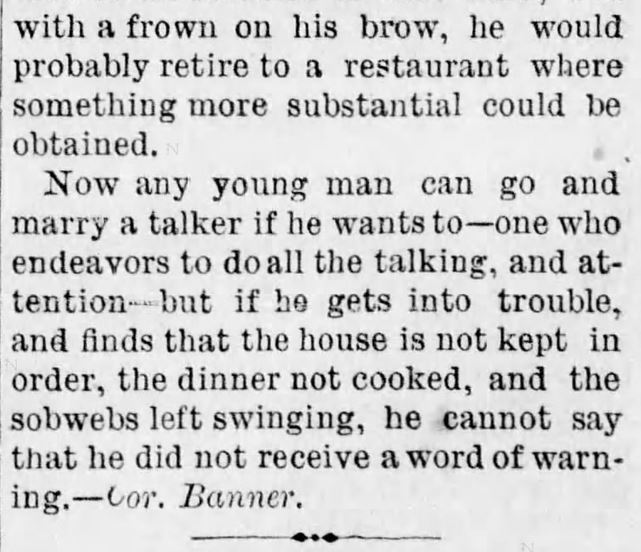
and Part 3 of 3: Lady Talkers Don’t Make Good Wives. From The Star and Enterprise of Newville, Pennsylvania, May 4, 1875.
.
On the other hand, are tongue-tied women a better bet?

“Tongue-tied women do not always make the best wives.” From The Eaton Democrat of Eaton, Ohio. April 28, 1887.
.
Whistlers?
.
Naturally, if she whistles, she’s not talking…. and “any noise is preferable to chin music.”
.
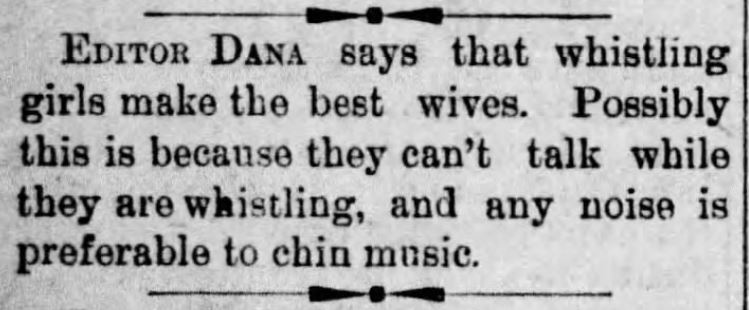
Whistlers Make the Best Wives. From The Times of Shreveport, Louisiana on October 7, 1885.
.
City Girls, Country Girls
.
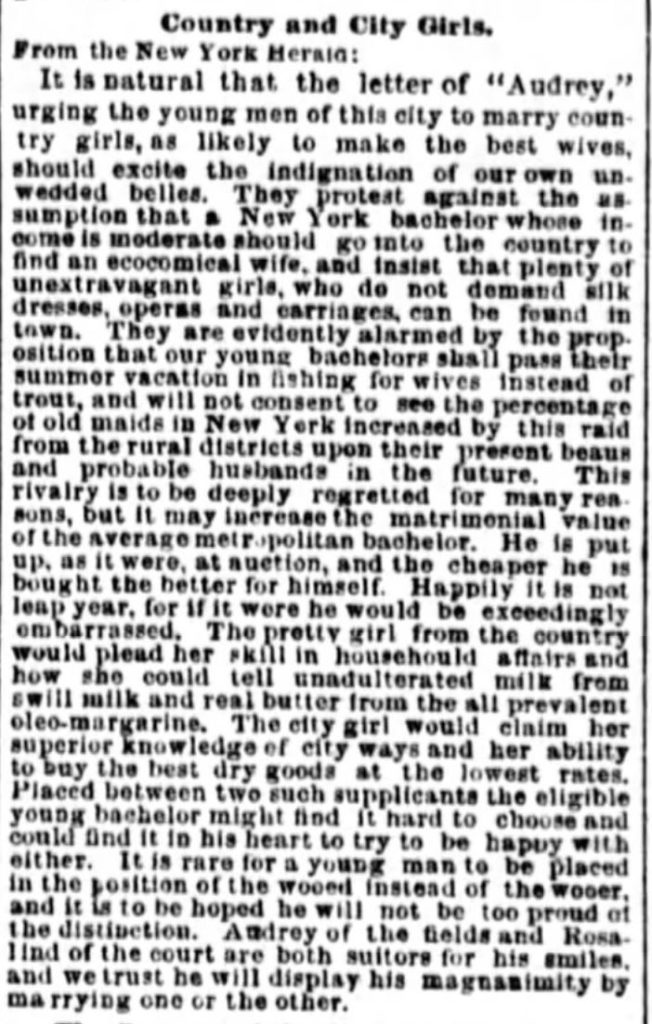
Who Makes the Best Wives: Country or City? National Republican of Washington, District of Columbia. May 15, 1877. (reprinted from The New York Herald)
.
Note: Don’t miss out on the references to real butter and oleo-margarine, and leap-year courtships.
.
As more and more girls moved to the cities to work in shops and factories, the “new social problem” arose. Which type of girl is best? City or Country?
.
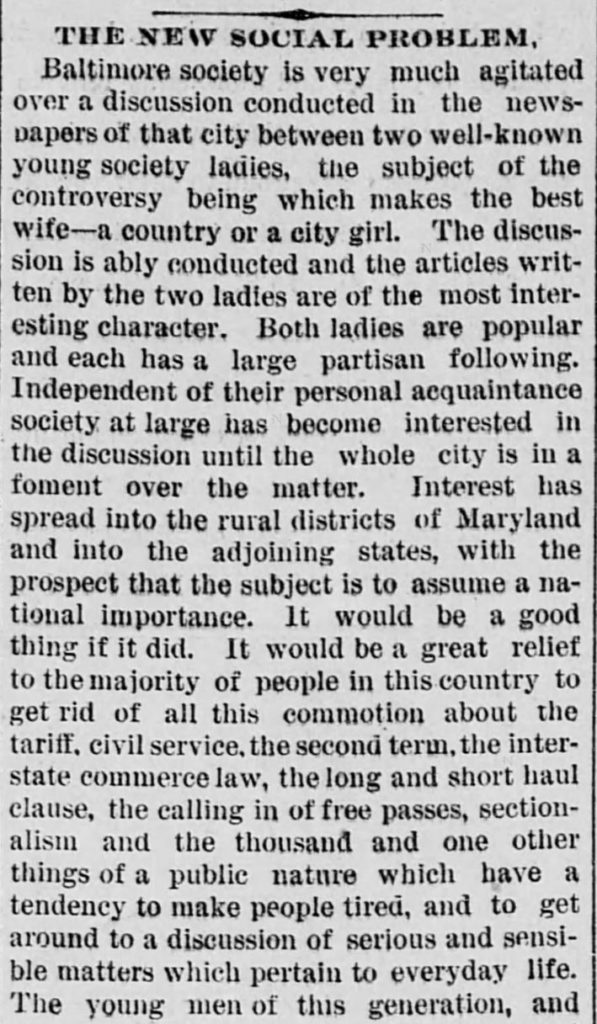
Who Makes the Best (Victorian) Wives? City Girl or Country Girl. Part 1 of 3. The Saint Paul Globe of Saint Paul, Minnesota on April 29, 1887.
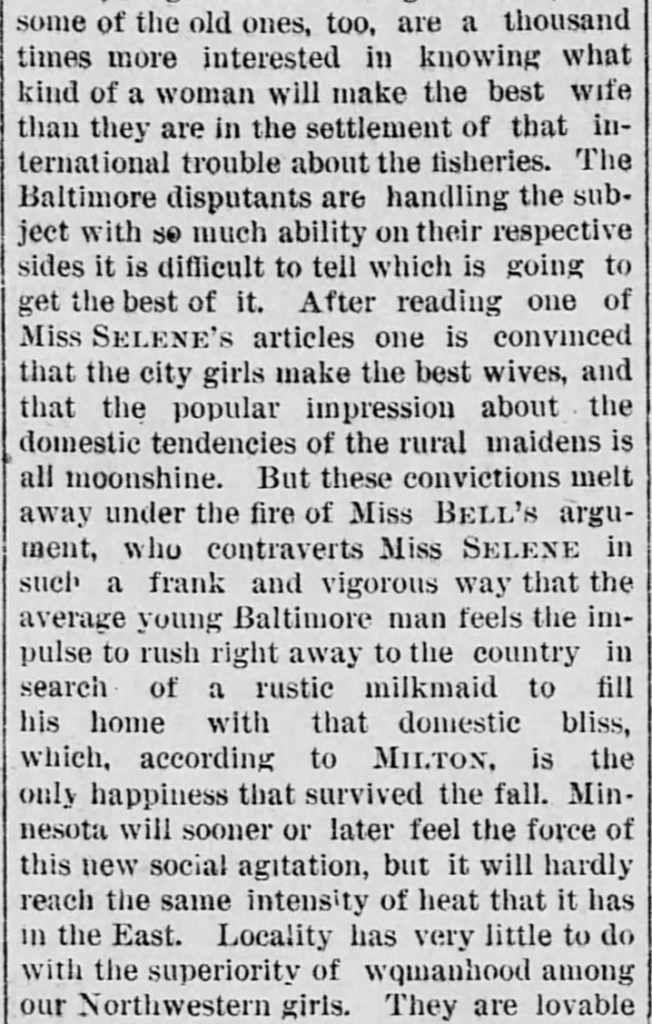
Best (Victorian) Wives? City Girl or Country Girl. Part 2 of 3. The Saint Paul Globe of Saint Paul, Minnesota on April 29, 1887.
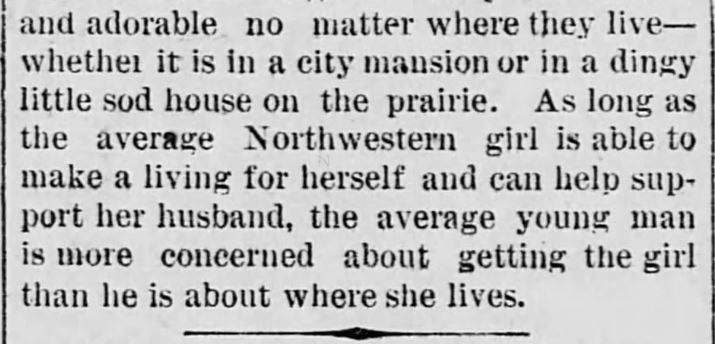
Best (Victorian) Wives? City Girl or Country Girl. Part 3 of 3. The Saint Paul Globe of Saint Paul, Minnesota on April 29, 1887.
.
Note (below) the reasons why our female country cousins are the best? They don’t paint, powder, and pad. Why? Because they don’t find it necessary. Hence, “for all but practical purposes” (what?) they make the best wives. What practical purposes does the writer allude to?
.
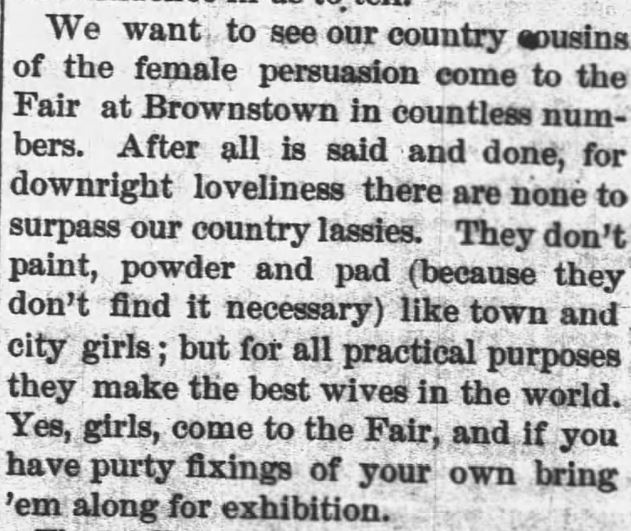
Country Girls make the best wives. From Jakcson County Banner of Brownstown, Indiana. August 14, 1879.
.
Specific Locales
.
Dutch!
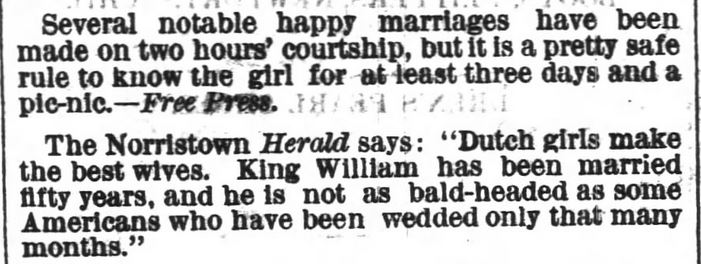
Dutch Girls make the best wives. The Charlotte Observer of Charlotte, North Carolina. July 1, 1879.
.
Pennsylvania Dutch!
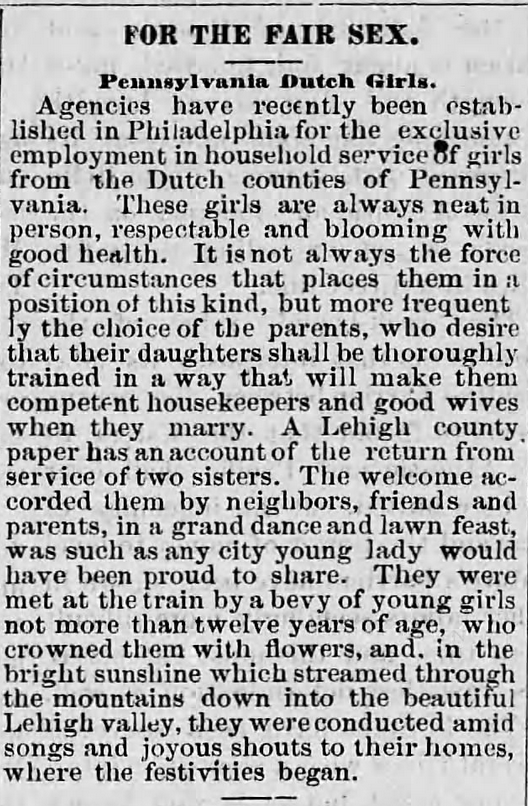
Pennsylvania Dutch Girls! The Canton Independent Sentinel of Canton, Pennsylvania. September 4, 1879.
.
Manhattan, Kansas!
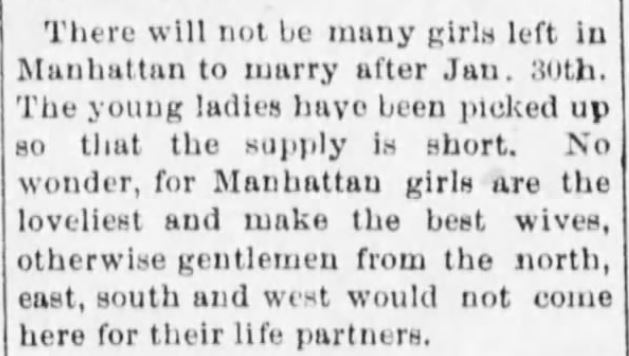
Manhattan, Kansas Brides are the very best. From The Manhattan Republic of Manhattan, Kansas. January 24, 1889.
.
Jewell County, Kansas!
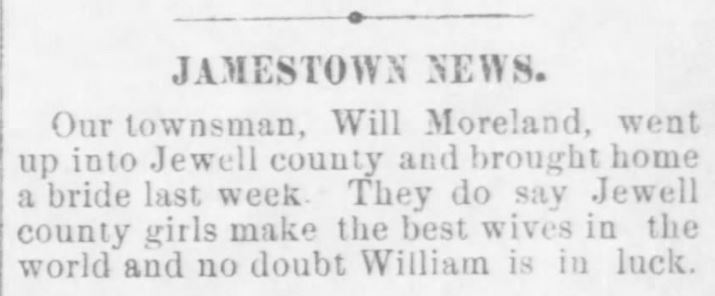
“Jewell County girls make the best wives.“ From Concordia Empire of Concordia, Kansas on April 19, 1888.
.
Educated vs. Corsetless Tomboys
.
Women who desired an advanced education during the Victorian era fought steep arguments on every side. Throughout the nineteenth century, women were firmly relegated to the role of wife and mother. To be fair, these roles were viewed in upper- and middle-class America as noble, angelic, and the highest calling a woman could attain. That didn’t stop brilliant female minds from wanting more.
Women fought for admission to universities, colleges, and professional programs. Women fought for the right to take licensing exams (such as for attorneys) while fighting for the vote. Part of the friction and resistance from men came in the form of fathers, brothers (guardians), husbands, professors, university presidents and beyond. Throughout the Victorian era and well past the Edwardian, another form of resistance women with a desire for education faced was the ridicule and societal belief that educated women were not suited for motherhood (if they’d not made themselves sterile through study). Women who chose education essentially removed themselves from the “marriageable” pool of young ladies. No small decision for the era and its restrictions.
.
Note, below, the statements in the 1890 snip from an article (see the article in full in my post: Blondes are Favorites; They are Declared by a Phrenologist to Make the Best of Wives). The common attitude among late-Victorian era Americans is stated without reservation: “Women of genius rarely make ideal women (wives).” Why? Because she’s “abnormal.” She doesn’t possess something besides intellectual affinity–for she has suppressed all natural affectionate affinity. What? She has taken on masculine traits; masculine traits = self-protection, earning the income herself, and assuming the responsibility of providing a home. This is one fine example of Victorian-American attitudes about women’s work vs men’s work.
See the related Blog Series article Blondes are Favorites; They are Declared by a Phrenologist to Make the Best of (Victorian) Wives.
.
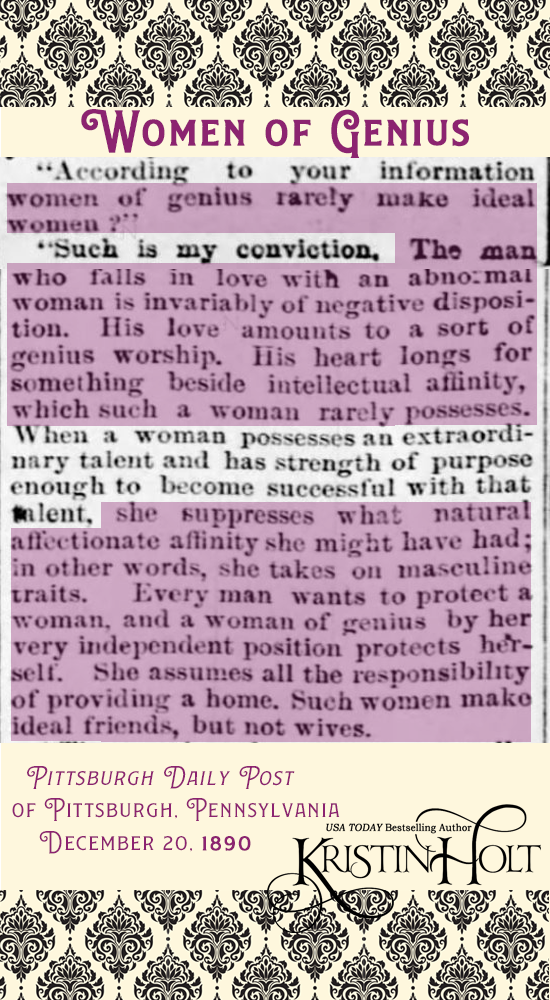
Women of Genius are NOT capable of becoming the best wives. From Pittsburgh Daily Post of Pittsburgh, PA. December 20, 1890.
.
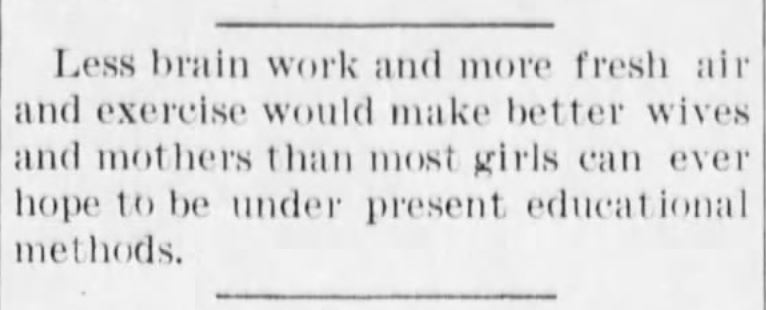
“Less Brain work and more fresh air…” makes the writer’s viewpoint clear: too much education spoils a girl for motherhood (and therefore unsuitable for marriage). The Manhattan Republic of Manhattan, Kansas on January 24, 1901.
.
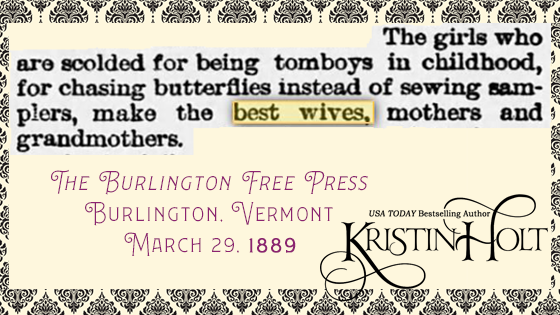
Who Makes the Best (Victorian) Brides? Tomboys! From The Burlington Free Press of Burlington, Vermont. March 29, 1899.
.
Vassar women are the best, and with a very 19th-century standard of measure! Note the tongue-in-cheek mockery of the college educated women who enrolled at Vassar? Smart? Probably. Educated. Of course. To be counted among those who make the best Victorian wives? Not going to happen in this decade. Or even this quarter-century.
.

Vassar women have never been divorced, therefore, they’re the best wives! Boston Post of Boston, Massachusetts. January 26, 1891. (Note the brilliant Victorian sense of humor included in the “it would be well to inquire how many of them have ever been married.”)
.
Dr. Pearce’s Medicine for Good Health
.
I shouldn’t be surprised that advertising puts in its own two cents about who makes the best Victorian wives. Those that buy and use their product, naturally.
.
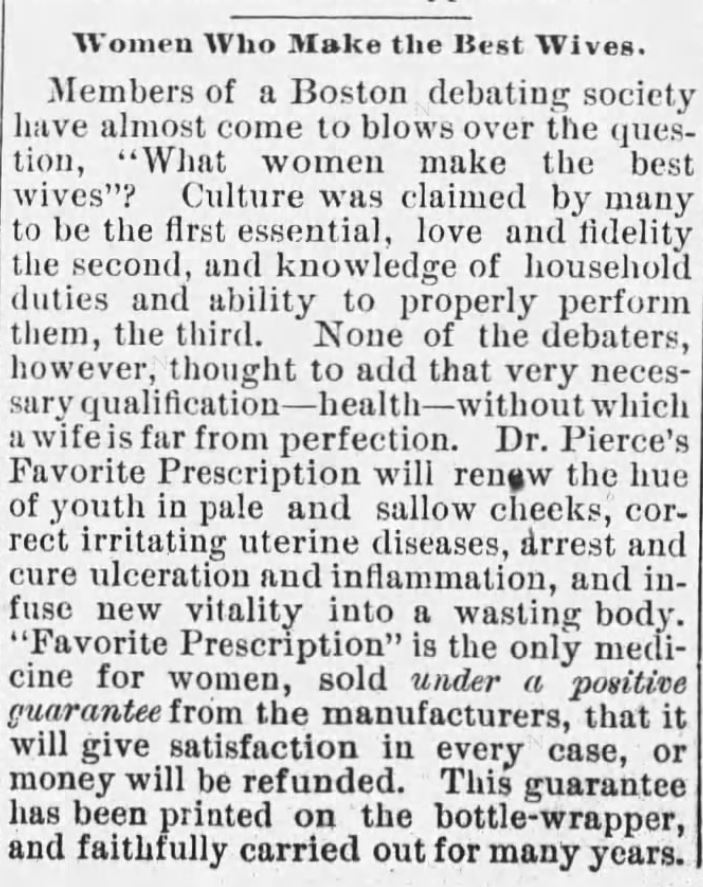
Women who would be the very best of wives safeguard their health by taking Dr. Pierce’s Favorite Prescription. From Kentucky Advocate of Danville, Kentucky. May 24, 1889.
.
In Conclusion
.
Take another look at the “Women Who Make the Best Wives” article, immediately above. Members of a Boston debating Society argued the question, “What women make the best wives?”
1. Culture
2. Love and Fidelity
3. Knowledge of household duties and ability to properly perform them
4. HEALTH! And the only way to get that desired health is through Dr. Pierce’s Favorite Prescription. It corrects irritating uterine diseases. All women need that. Or perhaps their husbands do.
.
The Phrenologist’s Conclusion
.
He adds eye color into the mix, insisting certain colors are far better choices (for a wife) than others.
.
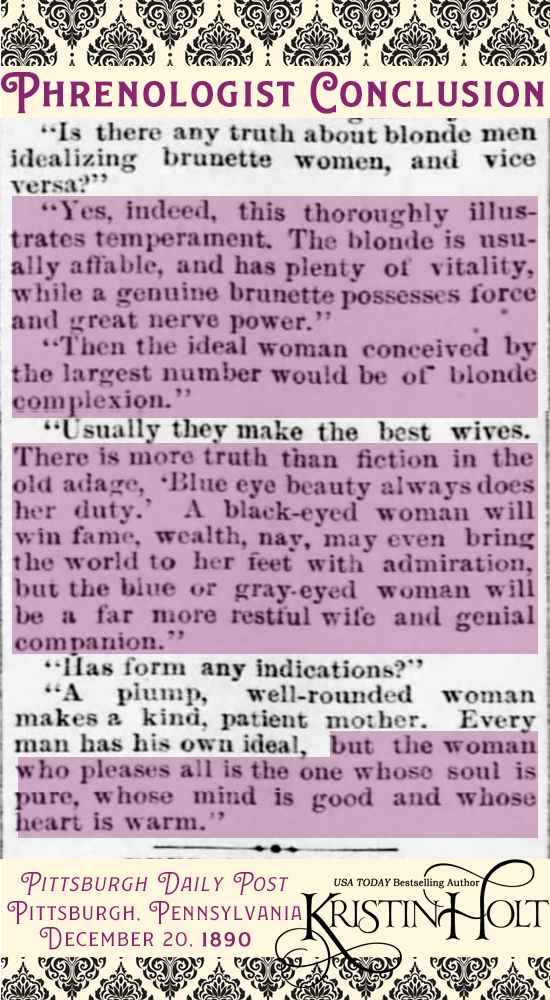
Phrenologist Conclusion: Blonde is Best (but other factors matter more). From Pittsburgh Daily Post of Pittsburgh, Pennsylvania. December 20, 1890.
.
Bottom line, said the phrenologist, “the woman (as a wife) who pleases all is the one whose soul is pure, whose mind is good and whose heart is warm.” Beautiful description (that embodies Victorian Values), young swain! Now, find that perfect gal and wed her before someone else does.
.
From Kristin
.
Brought to you by Kristin Holt, writer of sweet romance stories filled with courtship and falling-in-love in bygone days.
.
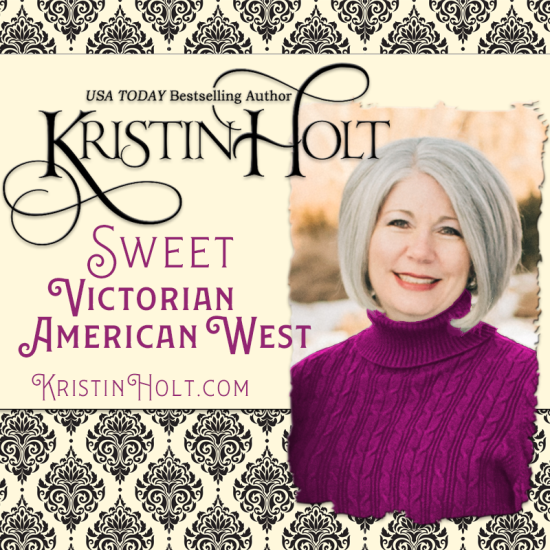
.
Related Articles
.

Female Dentists were considered “man haters without maternal instincts”; a very poor choice of wives, indeed!
.
Updated June 2022
Copyright © 2019 Kristin Holt LC

